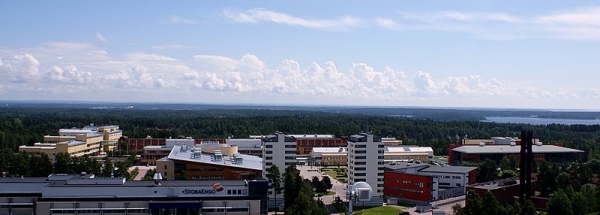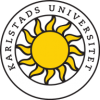https://www.kau.se
Founded
1999Description
Karlstad University is among Sweden’s youngest universities having been established in 1999. It builds on a history of teacher training which dates back to 1843 in Karlstad, the largest city in the province of Varmland.
It started as an offshoot of the University of Gothenberg in 1967 and became an autonomous university college 10 years after that.
In 2018 it described itself as "a mid-sized and innovative higher education institution with stable and controlled growth". With close to 16,000 students based at the Karlstad campus the university says it is "characterised by welcoming proximity and trust. We always promote democratic values, equality and diversity" while aiming to "challenge the known and explore the unknown".
Students are divided into three faculties – arts and social science, health science and technology and teacher education. The one satellite campus is the Ingesund School of Music in Arvika, with 400 students.
The majority of courses are in Swedish, but the range of English-medium options includes a bachelors course in music and 12 master's programmes.
Among its most noted research units is the CTF Research Centre focussed on service delivery and value creation. Notable research include the 2018 study showing that open-plan offices are bad both for staff morale and collaborative working and a shopping survey which found that the presence of tall, athletic male sales staff affects male more than female purchasing.
The computer science centre is involved in around 15 significant projects collaborating with academic and commercial partners, while Karlstad University scientists are among 23 partners in a project seeking to devise bio-based forms of food packaging.
Specific details
Location
Universitetsgatan 2, Karlstad , 651 88, Varmland County, Sweden




